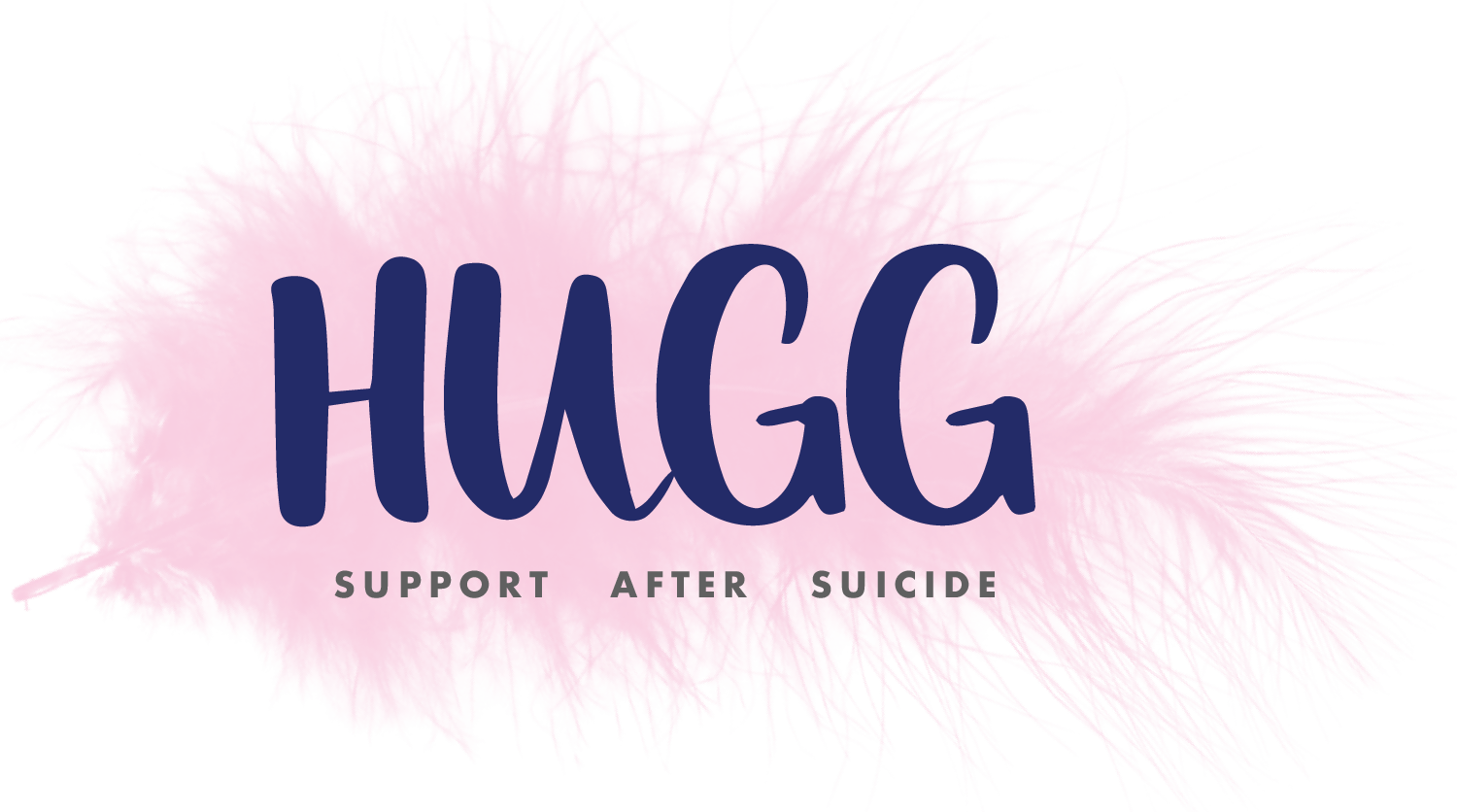
Living with suicide bereavement is difficult and different to a “natural death”and can be especially traumatic. But you will survive this. You are not alone.
Grief has no timeline.
There is no right or wrong way to grieve. There are no stages of grief. Your grief is as individual as you are.
Ask for help
Don’t be afraid to tell the people closest to you what you need, even if what you need is space or just for someone to sit with you in your grief.
Don’t expect to “get over it”
When a loved one dies by suicide, you may experience a lot of emotions all at once — shock, guilt, confusion, shame or even anger. These are all normal thoughts and emotions. Be patient with yourself. Grieving takes time. It is not linear and there is no timetable.
Get the support you need
You don’t have to grieve alone. If you find that friends and family in your support circle have their own issues to attend to, there are mental health professionals, suicide bereavement support groups and online communities that can lend you a helping hand. Don’t hesitate to reach out for help.
Talk about your grief
You may or may not need to speak with a qualified grief therapist. Don’t be afraid of looking for help. Pieta offer up to 30 free suicide bereavement counselling sessions and we have a list of other places where you can find therapists.
Prepare yourself for well-meaning but thoughtless comments
It is not uncommon for well-intended people to say insensitive things like, “At least they are not in pain anymore.” You can tell people that their comments are unhelpful.
You don’t have to talk about your loss until you are ready.
Some people may be insensitive and ask ‘what happened?’ You can say ‘I’m not ready to talk about it yet’. You don’t have to share information about your loved one’s death or answer any questions around their state of mind.
Take care of yourself
Do your best to give your body what it needs. Stay hydrated, try to eat healthy food, get out into nature, avoid alcohol and non-prescription drugs. Take baby steps – one hour at a time, then one day at a time.
Seek immediate help if experiencing complicated grief
You will never be ‘over’ the death of your loved one; however, your grief will become less intense as time passes. If you do not feel any relief from intense grief over time or if your grief is getting worse and your pain is so severe it keeps you from living your life, you may be suffering from “complicated grief.” There is a difference between grief and depression. Signs includes:
• Intense guilt — blaming yourself for your loved one’s death
• Thoughts of suicide or your mind is preoccupied with dying — feel like life isn’t worth living or feelings of hopelessness or worthlessness —wish you had died with your loved one
• Inability to function — unable to perform your normal activities at work, home and/or school.
Parenting After a Suicide
If you’re a parent dealing with the suicide of a loved one, try to remember that children and teens grieve differently from adults. You can help them by telling the basic truth, answering their questions, and sticking to your daily routines. Remember to assure them that they are not responsible for the suicide. You can speak with Barnardos, who have child therapists who can speak with you and your child or Pieta who offer free bereavement counselling.
The Irish Childhood Bereavement Network (www.childhoodbereavment.ie) has helpful resources about how to talk to child after a suicide (https://www.childhoodbereavement.ie/families/explaining-suicide-to-children/)
Here you will also be able to order the free illustrated storybook for children who have been bereaved by suicide, called Safe Harbour (https://www.childhoodbereavement.ie/safeharbour/ The storybook along with an accompanying guide, podcast, audiobook and worksheets, have been developed by bereavement experts (professionals and people with lived experience of suicide) to help a child with their grief by encouraging conversation and developing their understanding of death and suicide.
There are also many good resources online and books which you can access. Check out our book list https://hugg.ie/find-support/bookstore/










